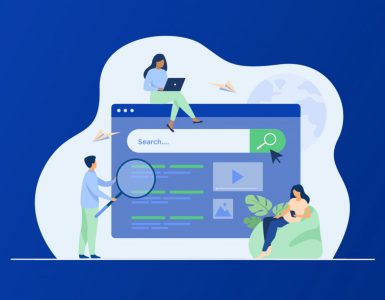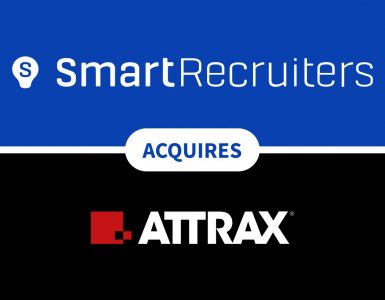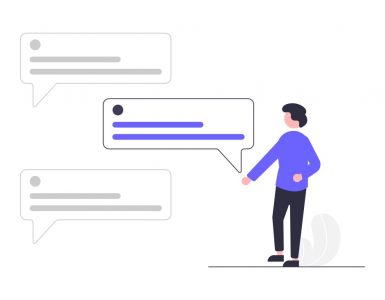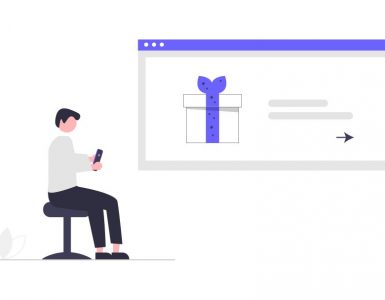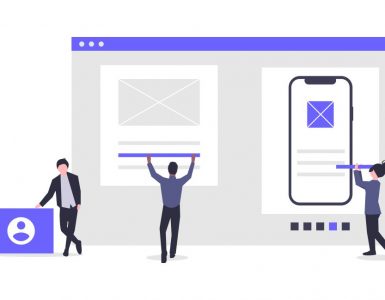Employee onboarding has come a long way from watching DVDs in the company break room. Here are five ways to use learning management systems to provide a more positive, engaging, and fun experience for recent hires.
New hire onboarding is a make-or-break moment in the employment cycle. This process helps employees develop their first impressions of their new workplace, their resources, and even their advancement opportunities.
And if it seems like their needs will not be met, they have no problem leaving. In fact, 17 percent of new hires quit within their first three months on the job. Considering the importance of successful new hire orientation, it’s surprising that only 32.6 percent of US employees say they are satisfied with their employers’ training programs.
The solution is pretty obvious: We need to find ways to improve our onboarding eLearning. An onboarding learning management system brings new employees up to speed while immersing them in your corporate culture. An LMS can handle the heavy lifting of orientation because it’s easier to deploy—it can also simplify employee development and monitoring.
These platforms enable companies to stay ahead of the competition and retain top talent. More importantly, new hires develop skills and fill gaps on their own terms, improving their satisfaction and productivity.
Good Training Gets Better
A well-built LMS definitely makes an impression with new hires. One HR manager I worked closely with heard rave reviews regarding her company’s LMS from a new hire. This new team member praised the system’s personalized resources and accessibility, noting it was a far cry from DVDs in the break room.
This speaks volumes about the role that an LMS can play in online onboarding. And the process only gets better when you enhance it with a gamified learning platform. Learning management system gamification provides training that truly motivates employees to keep going. It can transform otherwise boring company policy and compliance protocols into an engaging experience.
Additionally, game-based learning allows employees to gather the skills and knowledge they need to complete job-related tasks while having some fun along the way. They might be so eager to earn the next badge in their virtual display case that they actually go out of their way to learn more about a subject relevant to their job.
Not only is gamified learning more appealing, but it also makes it a breeze to track individual performance and participation. This real-time tracking enables managers to easily identify employees’ strengths and opportunities for growth, which makes annual reviews a more productive conversation. In short, new team members gain more knowledge during online onboarding, and your organization gets better production from its fresh talent.

5 Keys to Successfully Gamify Onboarding
Given the numerous benefits, a gamified learning platform seems like a smart move for companies in any industry. But before you pull the trigger and launch your new platform, follow these five LMS best practices to get the most bang for your buck:
1. Focus on behaviors and practical benefits. New hires are at a crucial stage of the employment cycle, so LMS games should guide learners to the information they need while reinforcing favorable behaviors. New employees should only advance to the next level after they have shown they have the necessary skills. Meanwhile, your game strategy and eLearning course design should demonstrate how learners can translate talents and knowledge gained from online training into the workplace.
2. Choose the right rewards for each task. Your onboarding game mechanics and rewards must suit employee preferences and needs, but they should also address your objectives and desired outcomes. For instance, badges are best for more involved accomplishments or working toward long-term goals. Alternatively, leaderboards tap into our competitive nature and fuel social interactivity. Use each feature accordingly. Consider how companies like Spotify and LivingSocial used constant performance feedback to entice 90 percent of employees to embrace a gamified review process.
3. Tap into intrinsic motivation. The goal of LMS gamification is to encourage the professional growth of your team members. A desire for public recognition might get employees engaged initially, but intrinsic motivation will keep them going. When employees notice that your gamified courses are improving their skills, it increases their confidence and their investment in your eLearning program. For example, LiveOps saw 23 percent better performance from employees who used its training app, which garnered 80 percent participation.

4. Keep competition light and productive. Competition can be a great motivator, but things quickly go downhill if it creates a hostile environment. New employees already feel apprehensive during their first days on the job, so keep the competition friendly and focused. In fact, your game narrative should support your company’s goals and help each employee see his or her role in the bigger picture. This makes the competition and your onboarding process more productive; team members experience a supportive community instead of feeling pitted against their peers.
5. Set clear ground rules. Be as clear as possible about your expectations. Let new hires know how they can earn points or badges, as well as what’s in it for them. Do they get a ticket to an exclusive training webinar? Do they unlock an online resource library? Be sure to emphasize intrinsic motivators: Explain how earning a sales skills badge demonstrates their mastery of the fine art of persuasion. Get early buy-in with your gamified online training program to ensure sustained employee participation.
Make no mistake: Using gamification for new employee training requires a robust LMS. It should have a strong focus on social learning and reporting. Most importantly, it should support your unique goals. Determine your desired outcomes ahead of time, and use that insight to find a gamified learning platform that keeps employees engaged and fosters professional growth.












